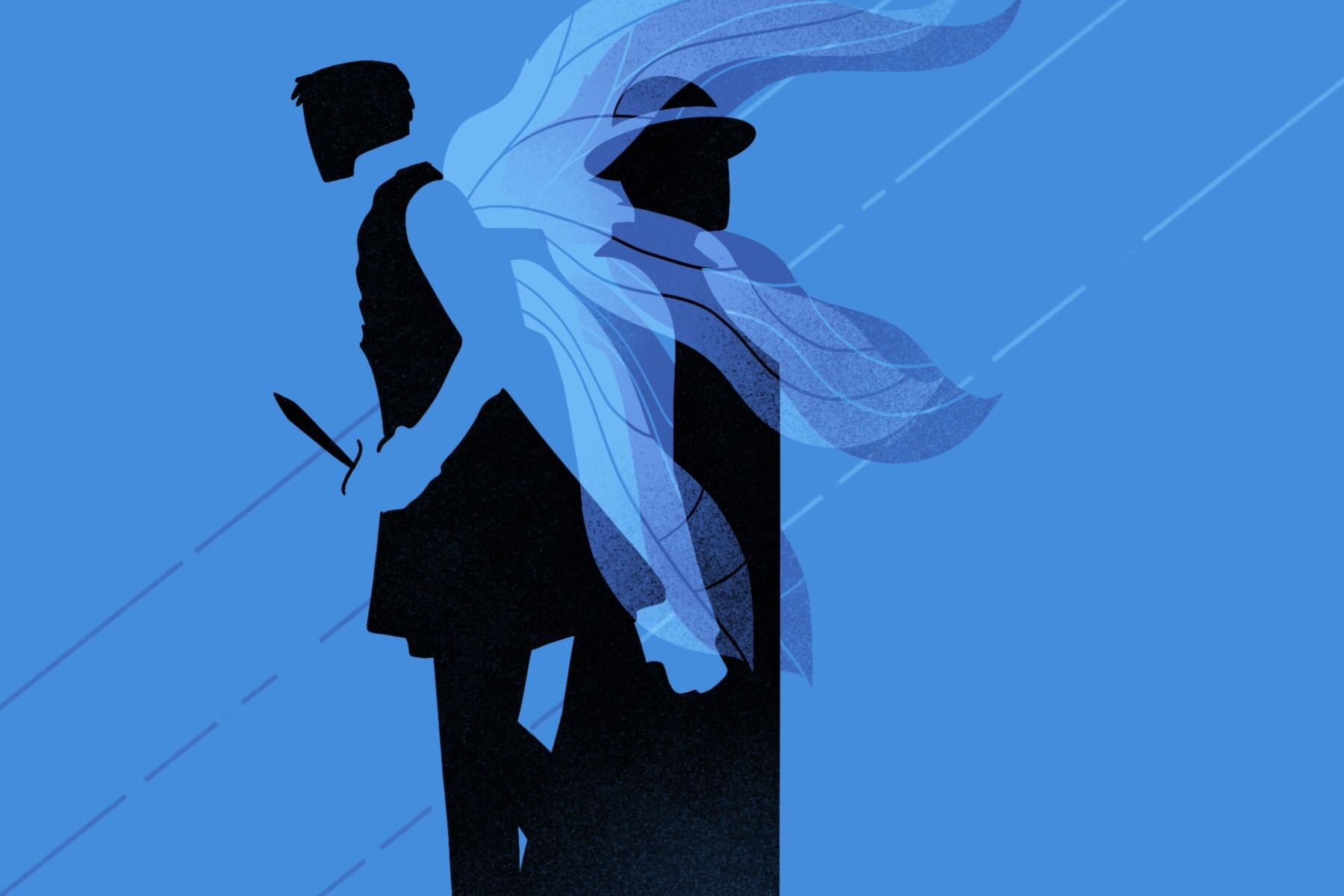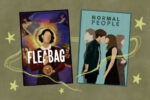With every major streaming service producing an abundance of fantasy shows, it’s not hard to fathom that fans of the genre are increasingly overwhelmed by the oversaturated market. But while most fantasy shows rely on the same old archetypes, Amazon Prime’s “Carnival Row” attempts to break the mold by offering something new.
In preparation for the debut of their “Lord of the Rings” prequel series, Amazon Prime’s new original series manages to be an entertaining way of tackling certain contemporary socio-economic issues.
Set in a world where all manner of magical Fae creatures — think fairies, fauns, centaurs, goblins and the like — are marginalized by technologically-advanced empires of humans, two ex-lovers, the human detective Rycroft Philostrate (Orlando Bloom) and faerie Vignette Stonemoss (Cara Delevingne), struggle to rekindle their relationship as both mortal and Fae forces keep them apart.
What seemingly starts as a romantic drama between star-crossed lovers quickly turns into a murder mystery when members of both species are brutally killed, leading Rycroft into an investigation that unexpectedly reveals answers to mysteries from his past. Running concurrent to Rycroft and Vignette’s story are the boiling political and cultural tensions that all manage to affect them in some way, shape or form.
For those wanting a fresh fantasy world to escape the mundane confines of reality, here are the highs and lows of “Carnival Row.”
Impressive World-building
If there’s one thing that most fantasy shows, films or novels get right, it is their world-building. Despite all the flaws a work of fantasy may have, the saving grace for many fantasy endeavors is the creator’s ability to create original and realistic worlds, languages, cultures or religions.
“Carnival Row” accomplishes this feat with flying colors, with creators Travis Beacham and René Echevarria successfully conveying just the right amount of exposition without it feeling jarring, allowing the season’s eight episodes to build upon each other’s delivery of new lore.
To a fan who wants to know every little detail about a fantasy world, from the number of continents on the map to the names of different gods, “Carnival Row” could have given more information to add more depth. While there are supplemental details for viewers in the X-Ray feature of Prime Video discussing general trivia not mentioned in the show, the creators could’ve found an engaging way to incorporate those fun facts without affecting the show’s pacing or progression.
Exploration of Cultural and Social Issues
As was also explored in somewhat recent fantasy media such as the Netflix original film “Bright” and the MTV series “The Shannara Chronicles,” fantastical species such as elves, dwarves, fairies and orcs act as stand-ins for real-world peoples of various races or ethnicities to combat the growing problems of racism and xenophobia.
In the middle of the season, a character speaks before a group of politicians (reminiscent of the British Parliament) explaining how her mother was seen as “outcast” because of her skin color, and how despite their society no longer judging people based on the color of their skin, they still hold prejudice towards Fae creatures who aren’t part of the human species.
In “Carnival Row” speciesism is just as corrosive in their world as racism is in ours. Due to this scene being the only one that fully captures the risks of divisiveness, the show doesn’t give racial tensions as much justice as it could if there were more scenes centered around the topic.
It’s a shame that humanity doesn’t have the stomach to tackle these concerns head-on, and instead can only bear to see them under the disguise of fictional creatures. However, because fantasy and other forms of fiction can be seen as lies that hide the truth, “Carnival Row” does, at the very least, its duty to reveal to people the errors of their ways and spread awareness of these detriments to society with the hope of sparking discussions that could put societal distress to rest.
An Overabundance of Storylines
Regarding the show’s minor flaw, the story would have flowed better if it weren’t for the numerous plotlines that distract from the show’s central threads associated with the main protagonists. It’s not to say that the other plotlines regarding secondary characters aren’t engaging by themselves; however, when presented alongside the higher-stakes happenings of Rycroft and Vignette, they don’t seem as important or necessary.
But the surplus of storylines is, at the very least, tolerable once the seemingly disconnected plotlines are seamlessly woven together. Since these storylines fit together and have satisfying endings, they make the inclusion of excess plotlines to not feel like a total waste of time and worth paying attention to.
Unlike many upcoming fantasy shows, “Carnival Row” is not adapted from any form of source material, with Beacham and Echevarria creating the entire world from scratch. Not limited to the work or ideas of just one person, the creators are in the optimal position to expand upon their world and add as much metaphoric meaning as they want without worrying about upsetting a previously existing fan base. If Beacham and Echevarria do this, odds are that future seasons will better articulate the cultural and social issues on which the first season only subtly touches.
















